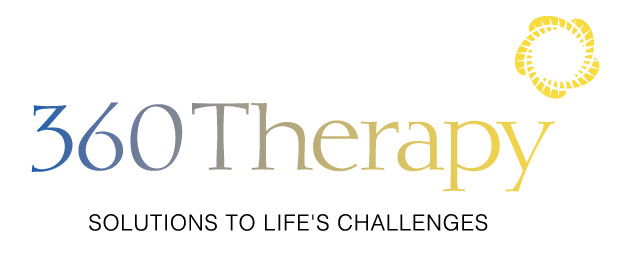Trauma and Abuse Therapy
 Trauma is a general term given to someone that directly or indirectly experiences or witnesses a highly stressful, dangerous or emotionally overwhelming event; and abuse is the cruel or violent mistreatment of one or more persons by another. Both trauma and abuse can lead to Post Traumatic Stress Disorder (PTSD), a diagnosis commonly given to someone who has suffered trauma or abuse and has developed specific symptoms in response to it. Some of the more prevalent symptoms or reactions found with PTSD include anxiety, depression, nightmares, poor concentration, problems sleeping, and interpersonal difficulties. Post Traumatic Stress Disorder is not uncommon and one does not have to exhibit strong reactions in order to have an official diagnosis. Approximately 4% of men and 10% of women in the U.S. will suffer from PTSD in their lifetime and many times cases are improperly diagnosed and treated. The reactions to trauma and the manner in which they are treated varies with each person and improvements involve individual approaches to care.
Trauma is a general term given to someone that directly or indirectly experiences or witnesses a highly stressful, dangerous or emotionally overwhelming event; and abuse is the cruel or violent mistreatment of one or more persons by another. Both trauma and abuse can lead to Post Traumatic Stress Disorder (PTSD), a diagnosis commonly given to someone who has suffered trauma or abuse and has developed specific symptoms in response to it. Some of the more prevalent symptoms or reactions found with PTSD include anxiety, depression, nightmares, poor concentration, problems sleeping, and interpersonal difficulties. Post Traumatic Stress Disorder is not uncommon and one does not have to exhibit strong reactions in order to have an official diagnosis. Approximately 4% of men and 10% of women in the U.S. will suffer from PTSD in their lifetime and many times cases are improperly diagnosed and treated. The reactions to trauma and the manner in which they are treated varies with each person and improvements involve individual approaches to care.
Most therapeutic approaches for PTSD involve confronting or reexperiencing the specific events and these approaches are clinically proven to help trauma sufferers recover. Understandably, many people who’ve lived through trauma and abuse may be anxious about being emotionally ‘triggered’ or even retraumatized during the course of therapy. 360 Therapists can help to overcome these fears and the effects of PTSD with compassionate, supportive individual counseling. We will work with you at a pace that is challenging but also comfortable, with the constant knowledge that you have direct input during the entirety of therapy. Our clinicians are skilled in techniques that have been proven effective in treating PTSD,such as exposure and response prevention (ERP) and Eye Movement Desensitization and Reprocessing (EMDR). ERP is a long-established approach wherein the client agrees to re-live a traumatic situation or revisit a location with the intent of experiencing and then reducing anxiety caused by the initial trauma. For example, a retail store employee held at gunpoint in a backroom would, with the therapist’s guidance, return to the room, only briefly at first, but then for increasingly longer amounts of time in order to reduce anxiety. EMDR is an evidence-based technique that utilizes tactile sensations along with memory in order to reprocess the meaning of the traumatic events. EMDR enables the individual to gain an emotionally healthy perspective on the traumatic experiences endured, whether it was a fairly recent occurrence or an event that took place in the formative stages of childhood. For expert help with trauma or abuse, contact 360 Therapy.
